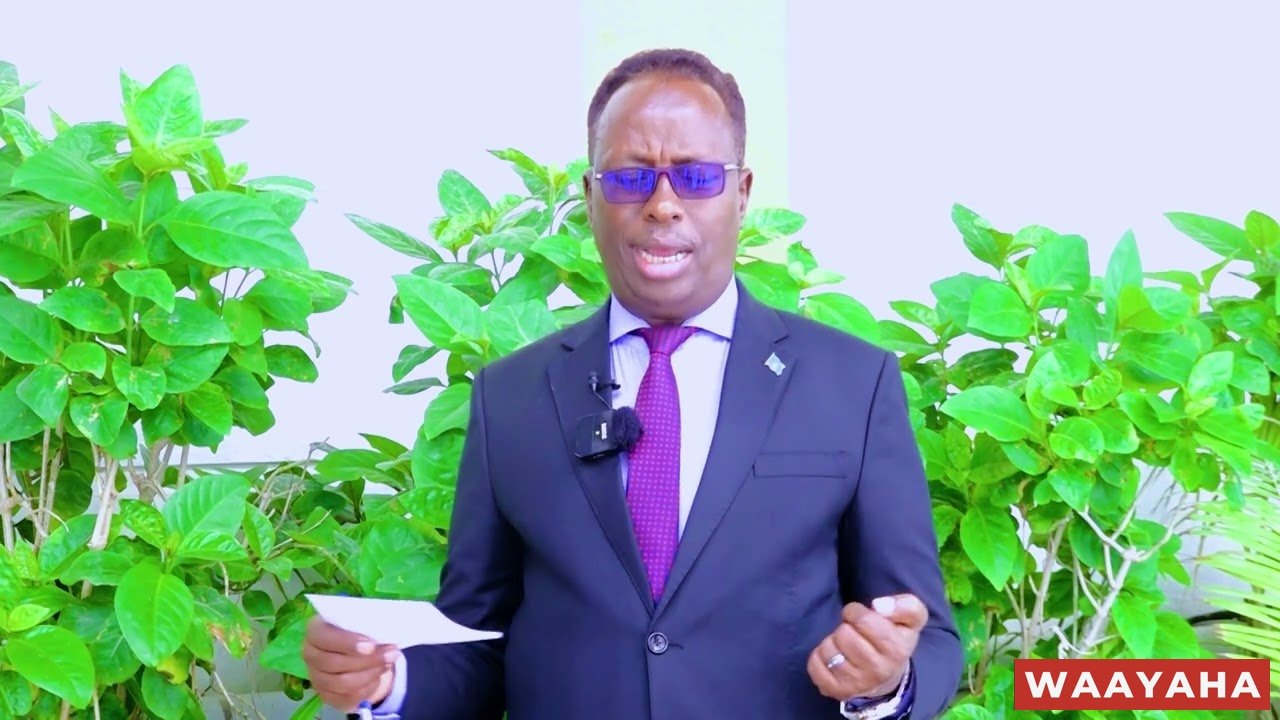Somalia’s Ministry of Agriculture and Irrigation has launched a groundbreaking innovation hub dedicated to promoting agricultural entrepreneurship and addressing the challenges posed by climate change. The Siyaad Center for Entrepreneurship and Innovation Development, as it is called, aims to harness the creativity and ingenuity of Somali farmers and entrepreneurs to develop sustainable solutions for the country’s agricultural sector.
The inauguration ceremony was attended by various officials and representatives from the International Fund for Agricultural Development (IFAD), who all emphasized the significance of this initiative for Somalia’s agricultural development.
Mustafe Cismaan Waayeel, the IFAD Coordinator at the Ministry of Agriculture and Irrigation, welcomed the launch of the innovation hub, describing it as a pivotal step towards fostering agricultural innovation and empowering Somali farmers and entrepreneurs.
Minister of Agriculture and Irrigation, Mohamed Abdi Hayir Maareeye, underscored the government’s commitment to supporting innovative ideas and encouraging entrepreneurship in the agricultural sector. He stressed that the ministry is dedicated to assisting Somali youth in leveraging their skills and knowledge to create sustainable farming practices and increase agricultural productivity.
The innovation hub will serve as a platform for collaboration between IFAD’s Innovation Unit and the Siyaad Center, with the aim of finding solutions to the challenges posed by climate change and its impact on Somali agriculture and food production. The hub will provide training, mentorship, and access to resources for aspiring agricultural entrepreneurs, enabling them to develop and commercialize their innovative ideas.
Moreover, the hub will facilitate connections with global networks and expertise, allowing Somali youth to gain exposure to cutting-edge agricultural technologies, digitalization, and sustainable farming practices. By fostering a vibrant ecosystem of agricultural innovation, the Somali government aims to empower its citizens, enhance food security, and contribute to the country’s economic development.













